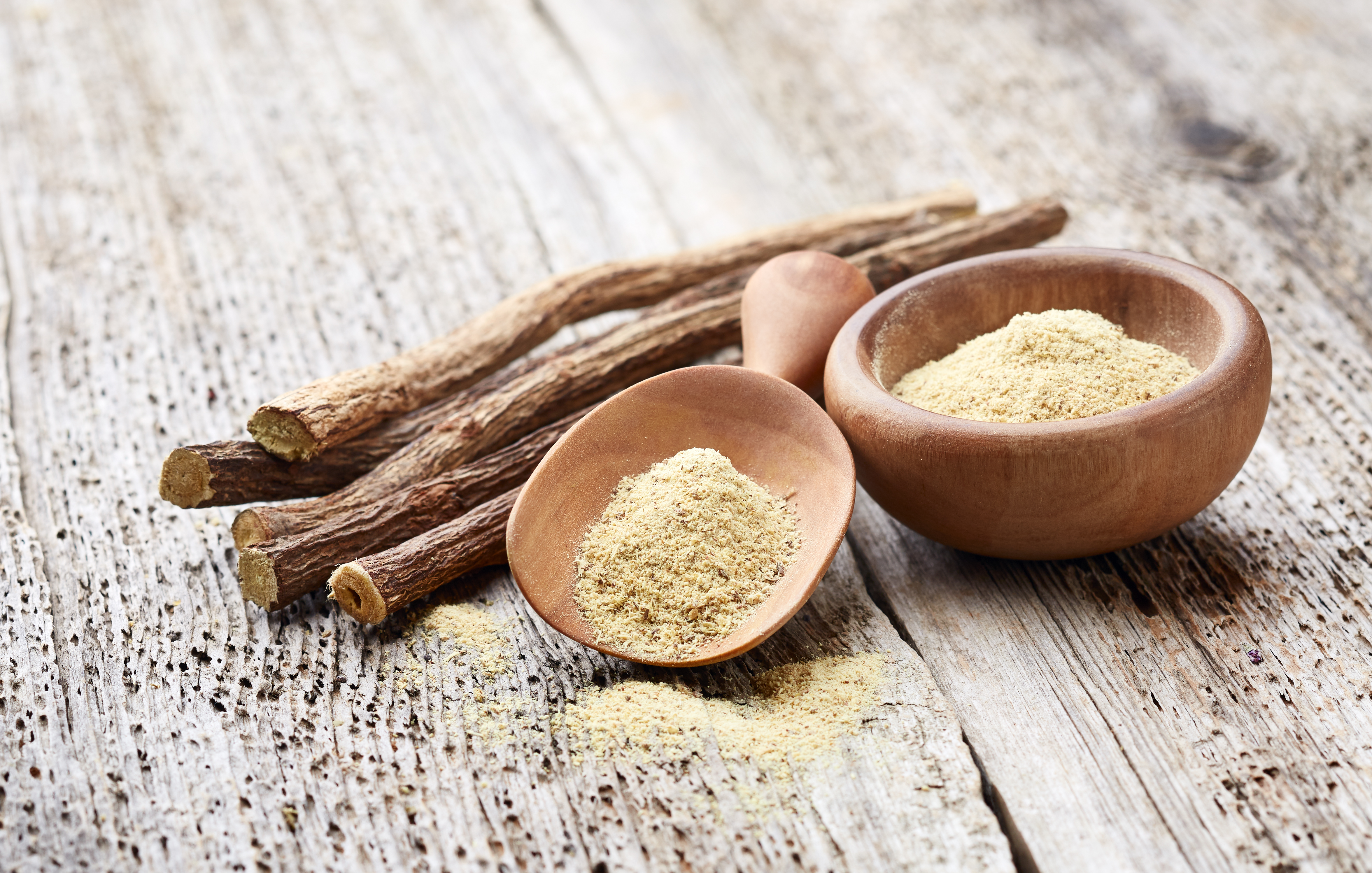12 Natural Supplements That Can Interfere With Prescription Drugs
9. Saw Palmetto: Prostate Pal or Problem?

Saw palmetto is commonly used for its potential benefits in managing benign prostatic hyperplasia (BPH) and improving urinary symptoms. However, its interaction with prescription medications, particularly those affecting hormonal pathways, raises concerns. Saw palmetto can inhibit the conversion of testosterone to dihydrotestosterone (DHT), potentially affecting the efficacy of medications used to manage prostate conditions and hormonal imbalances. The interaction between saw palmetto and anticoagulant medications is another area of concern. Saw palmetto can affect platelet aggregation, increasing the risk of bleeding when taken with anticoagulants such as warfarin or aspirin. This interaction can lead to serious bleeding complications, including gastrointestinal bleeding and hemorrhagic stroke. To mitigate these risks, individuals taking prescription medications should exercise caution when considering saw palmetto supplements. Consulting with a healthcare professional can help determine the safety and appropriateness of using saw palmetto alongside prescription drugs. In some cases, alternative prostate health strategies may be recommended to avoid potential interactions. By understanding the potential risks associated with saw palmetto, you can make informed decisions about its use and protect your health.
10. Licorice Root: Sweet Remedy or Risky Business?

Licorice root is often used for its anti-inflammatory and soothing properties, particularly in managing digestive issues and respiratory conditions. However, its interaction with prescription medications, particularly those affecting electrolyte balance, raises concerns. Licorice root contains glycyrrhizin, a compound that can lead to sodium retention, potassium loss, and increased blood pressure. This can affect the efficacy and safety of medications used to manage hypertension, heart failure, and electrolyte imbalances. The interaction between licorice root and corticosteroid medications is another area of concern. Licorice root can potentiate the effects of corticosteroids, leading to increased side effects such as fluid retention, hypertension, and electrolyte imbalances. This interaction can be particularly problematic for individuals with conditions requiring long-term corticosteroid therapy. Given these potential interactions, it is essential for individuals taking prescription medications to consult with their healthcare provider before using licorice root. A thorough evaluation of the risks and benefits can help determine whether licorice root is a suitable supplement for you. In some cases, alternative remedies may be recommended to avoid potential interactions. By understanding the complexities of licorice root's interactions, you can make informed decisions about its use and minimize the risk of adverse effects.
